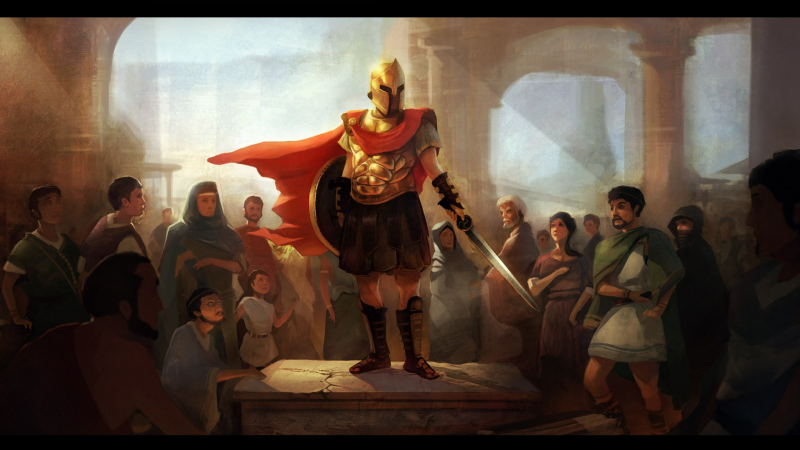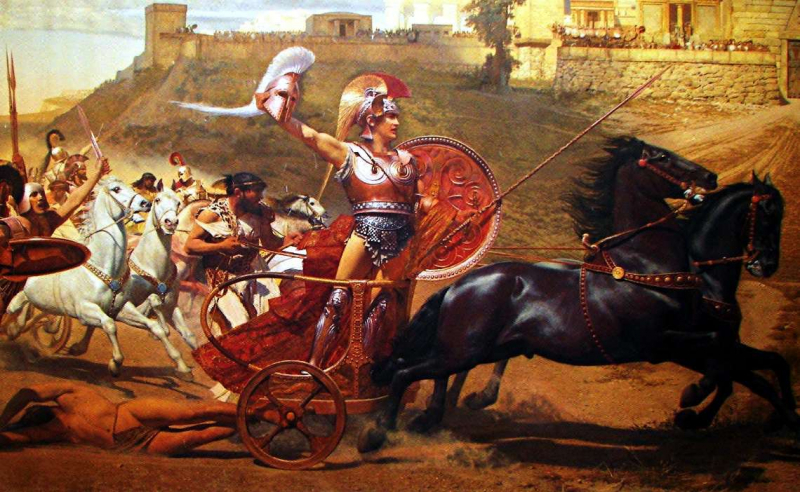The Evolution of Tragic Heroes in Ancient Greek Literature

Topic: The Evolution of Tragic Heroes in Ancient Greek Literature.
In the realm of Ancient Greek literature, the evolution of tragic heroes is a fascinating exploration. This essay delves into three key aspects of this evolution: the archetypal tragic hero in works like Sophocles' "Oedipus Rex," the nuanced portrayal of characters like Euripides' Medea, and the shift in focus from fate to human choice in Aeschylus' "Prometheus Bound."
The archetypal tragic hero, epitomized by Oedipus in "Oedipus Rex," adheres to a set of characteristics that lead to their downfall. Oedipus, a noble and virtuous character, is fated to fulfill a prophecy that foretells his tragic end. The inevitability of his fate, coupled with his tragic flaw (hubris), creates a sense of inevitability and catharsis for the audience. The archetypal tragic hero embodies a cosmic struggle against fate. It showcased the interplay between destiny and character choices.
Besides, Euripides' Medea introduces a nuanced portrayal of tragic characters, challenging the traditional archetype. Medea, while a victim of circumstances, becomes an antihero driven by revenge. Her actions, including infanticide, question the conventional moral compass associated with tragic heroes. This evolution introduces a more complex understanding of tragedy, where characters are not solely victims of fate but active participants in their downfall. The shifting moral landscape prompts the audience to grapple with the morality of the protagonist's choices.
In addition, Aeschylus' "Prometheus Bound" marks a departure from the emphasis on fate in traditional tragic narratives. Prometheus, a Titan, defies the gods' will by granting knowledge to humanity. His defiance and suffering symbolize the human struggle for autonomy and the pursuit of knowledge. Unlike the archetypal tragic hero, Prometheus's tragedy stems from his commitment to humanity and his rebellion against divine authority. The focus on human choice and agency heralds a shift in the perception of tragedy. It emphasizes the consequences of individual decisions over preordained destinies.
In conclusion, the evolution of tragic heroes in Ancient Greek literature reveals a progression from archetypal figures bound by fate to nuanced characters driven by personal choices. This evolution adds layers of complexity to tragic narratives.
References
- Sophocles. (c. 429 BCE). Oedipus Rex.
- Euripides. (c. 431 BCE). Medea.
- Aeschylus. (c. 430 BCE). Prometheus Bound.













